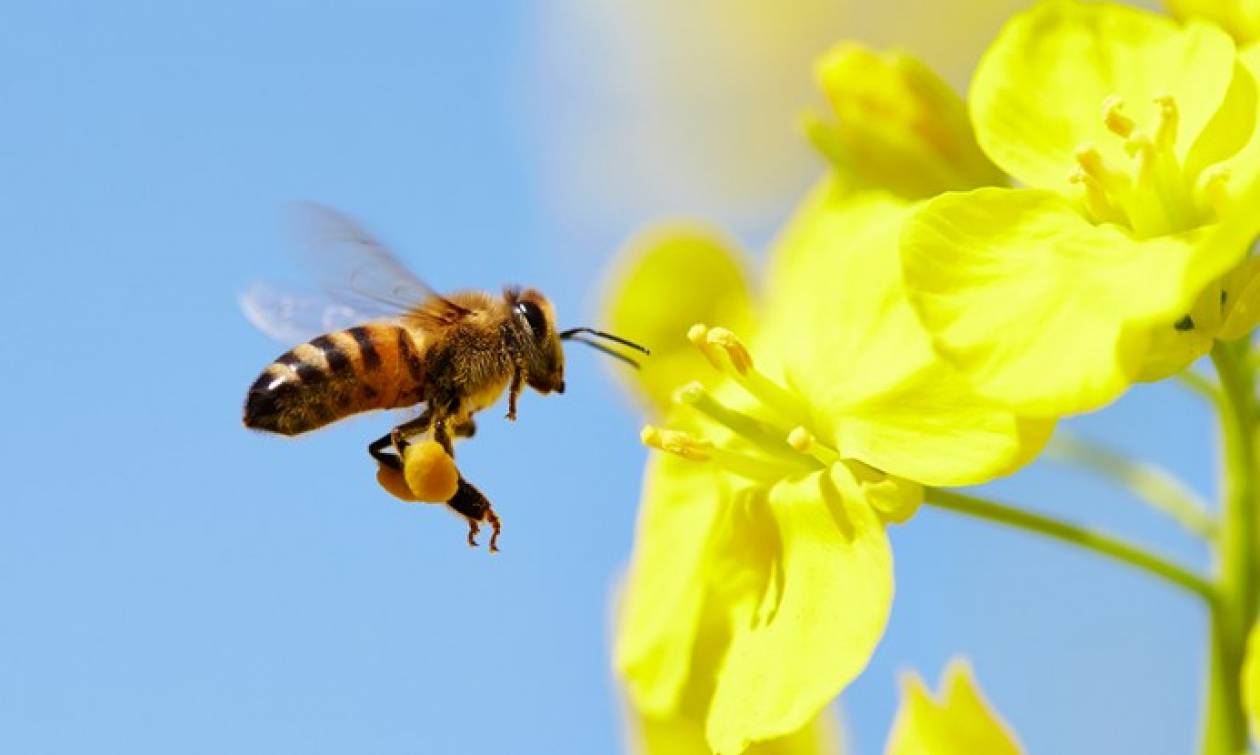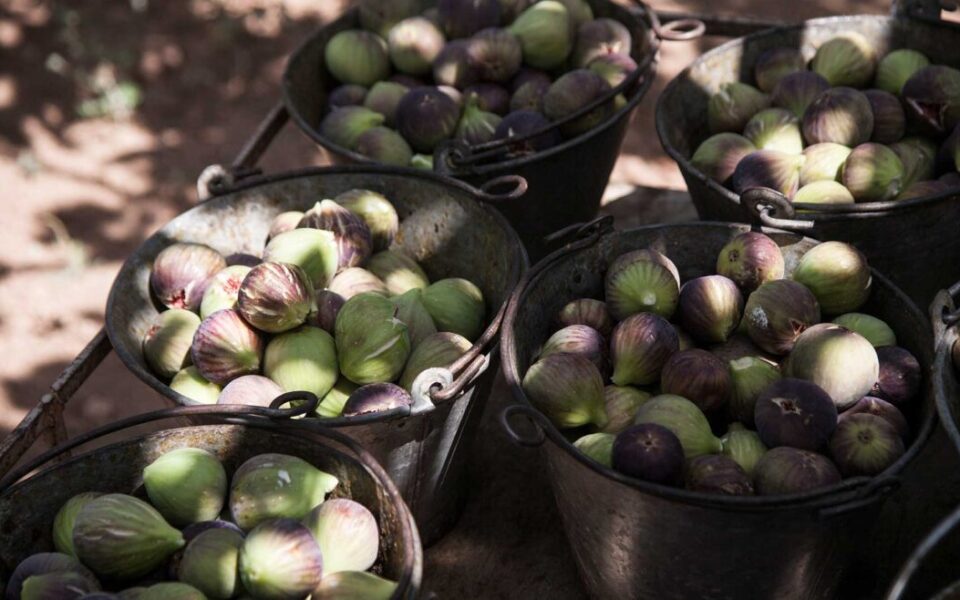Greece: “Save the bees and farmers”


What do bees, biodiversity and small, environmentally friendly farmers have in common? They are threatened by the reckless use of toxic pesticides.
These dangerous pesticides, which bees ingest through pollen and nectar, have devastating consequences: they damage the bees’ nervous system and very often lead to their death. At the same time, they are widely used in industrial agriculture and monocultures, threatening the biodiversity of areas and rich ecosystems.
For the above reasons, Greenpeace Greece calls on everyone to support the initiative of citizens from all over Europe and calls for a ban on toxic synthetic pesticides. “It helped us reach 1,000,000 signatures by the end of the month, so that the request could be discussed in the European Commission. “Unite your voice!”, He emphasizes.
The goal – Greenpeace Greece points out – is to reduce the use of synthetic pesticides by 80% by 2030 and to ban them by 2035. Also, the provision for the restoration of ecosystems and biodiversity and the support of farmers in the transition to agroecology , with an emphasis on those who produce food with gentle, environmentally friendly methods and our health.
“Agricultural policies that only favor crop growth by increasing the use of toxic pesticides have brought our ecosystems to the brink of collapse. Every day biodiversity disappears, threatening the environment, our health, but also food production itself. The effects are catastrophic: pollinating insects, such as bees, die late, our rivers are polluted and pesticides even end up on our plate. “The survival of small rural communities is threatened by industrial agriculture, as more and more land passes into the hands of large companies.”
Source: in.gr




